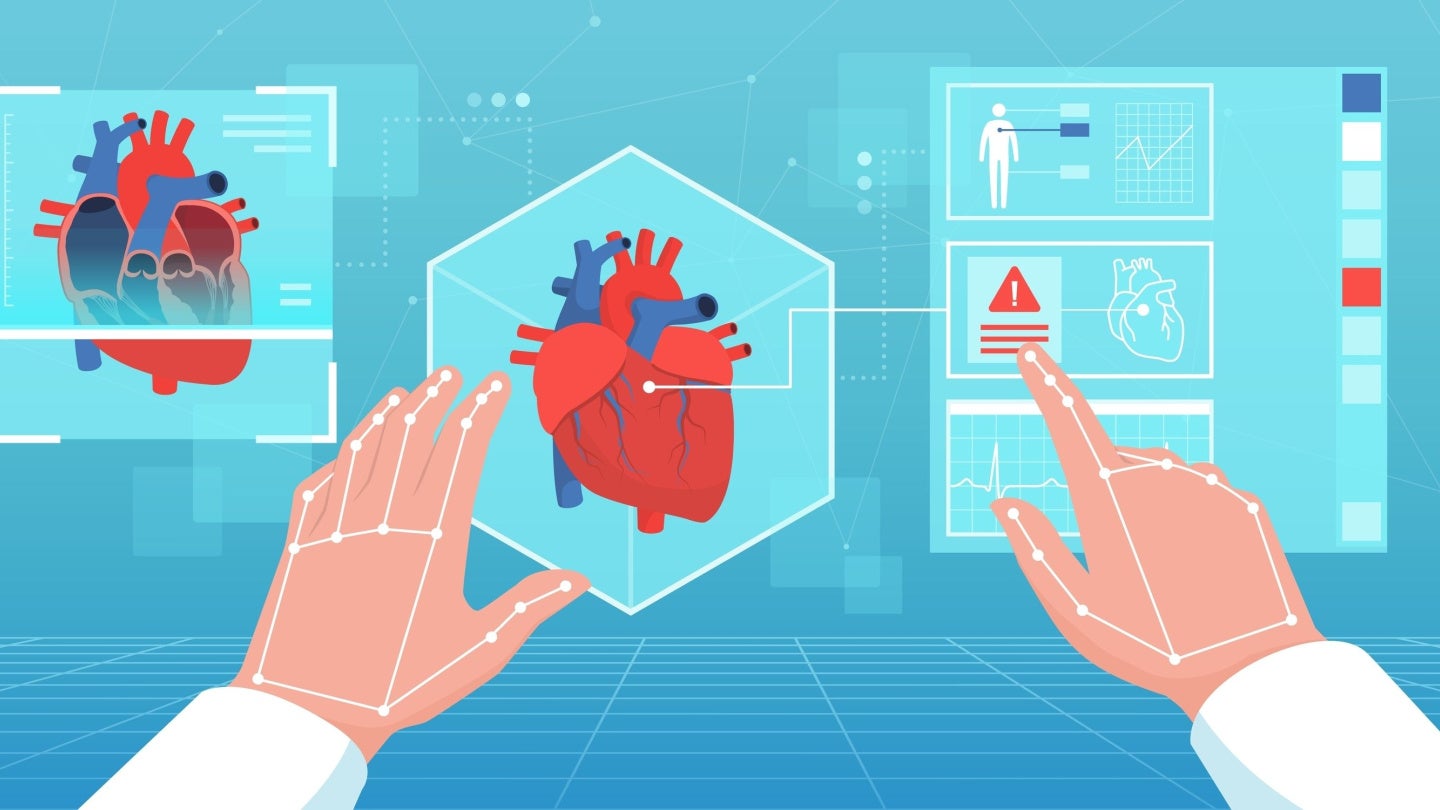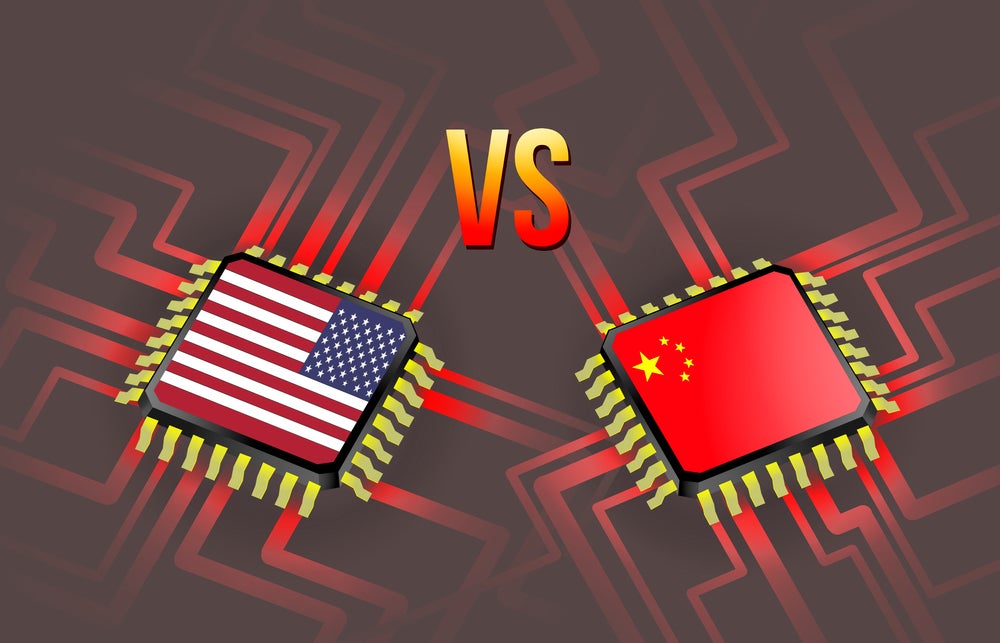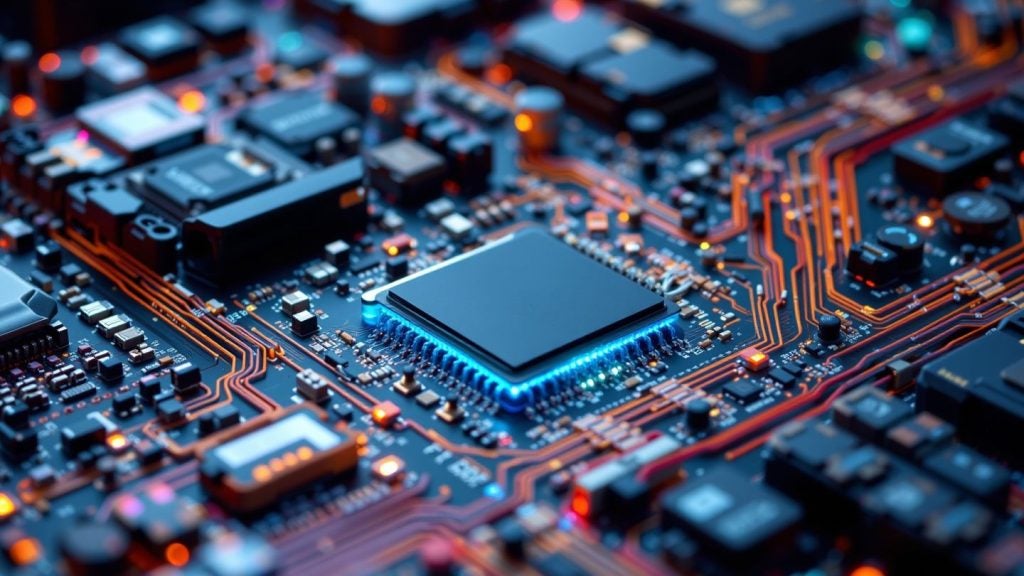In recent years, the healthcare industry has witnessed a transformative shift with the integration of digital twin technology.
Digital twins—the virtual replica of organs or human bodies, or even healthcare institutions themselves—have found significant application in patient care, treatment strategies, and overall system efficiency. However, given the challenges around data privacy and security, as well as interoperability, considering innovation with ethical considerations will be key to widespread adoption.
Understanding digital twins in healthcare
A digital twin in healthcare is a data-driven model that mirrors a patient’s health or even an entire healthcare system.
This virtual representation amalgamates real-time information from diverse sources such as wearables, medical devices, and electronic health records. This comprehensive data integration allows for a holistic understanding of the patient’s condition. There are several benefits of digital twins.
Digital twins and personalised treatment plans
One of the key benefits of digital twins is the ability to create personalised treatment plans. Using digital twins, healthcare professionals can analyse real-time individual health data using a virtual representation of a person or organ to provide tailored treatment plans as per individual patient needs. This not only minimises adverse effects but also improves treatment efficiencies.
Researchers in Spain are working on building digital models of breast cancer patients by collecting genetic, physiological, and behavioural data from wearable devices of cancer patients. This will help them simulate and deliver tailor-made treatment plans.
Within the next decade, scientists believe in silico trials which involve the use of virtual organs to assess the safety and efficacy of drugs, could become common. Also, patient-specific organ models could be used to minimise the risk of side effects and provide personalised treatments.
Predictive analytics for early intervention
Digital twins enable predictive analytics, empowering healthcare professionals to anticipate potential health issues. By analysing historical data and current trends, the technology can help identify patterns indicative of future complications. This facilitates early intervention, reducing the likelihood of severe health outcomes.
GSK partnered with cancer researchers at King’s College London in 2021 to build a virtual replica of patients’ tumours by using their genetic and molecular data. The model will help create a growing patients’ cancer cells in 3D and help test how they respond to drugs. By analysing this data, scientists can predict how individual patients are likely to respond to dosing regimens, different drugs, and combinations of drugs.
Remote patient monitoring and telehealth
In an era where remote healthcare has become increasingly prevalent, digital twins play a key role in remote monitoring and telehealth. Using continuous data streaming from wearables and other monitoring devices, a real-time feedback loop is created, allowing healthcare professionals to monitor patients remotely which can help make informed decisions promptly.
Digital twins improve operational efficiency
Beyond patient care, digital twins enhance the overall operational efficiency of healthcare systems. From optimising resource allocation to streamlining workflow processes, the technology contributes to cost-effective and improved healthcare delivery.
SingHealth, a healthcare institution, has been using digital twins for disease outbreak monitoring under its 3-Dimensional Disease Outbreak Surveillance System (3D-DOSS) project since 2020. As part of the project, it integrated anonymised patient data onto virtual replicas of physical spaces at Singapore General Hospital to help visualise and assess disease spread across time and distance.
The use of digital twins also helped the staff to detect infection clusters in test data and predict the risk of future infection. It is further scaling the use of digital twins for resource optimisation and healthcare facilities planning.
Challenges and considerations
The potential benefits of digital twins in healthcare are significant, but challenges such as data security and privacy concerns as well as interoperability exist. Striking a balance between harnessing the power of data and safeguarding patient information remains a critical consideration for widespread adoption. Companies must implement robust security infrastructure to safeguard data privacy and security.
Balancing innovation with ethical considerations will be key to widespread adoption
While digital twins promise significant benefits, their widespread adoption needs will require ethical considerations. Digital twins’ use of artificial intelligence (AI) to conduct real-time data analysis and make future predictions requires ethical guidelines.
Challenges around AI models such as bias, hallucination, copyright, and data security in AI models, mean companies must use open-source technologies, which will foster transparency, collaboration, and accountability to ensure the responsible use of AI and create trust in the model.








